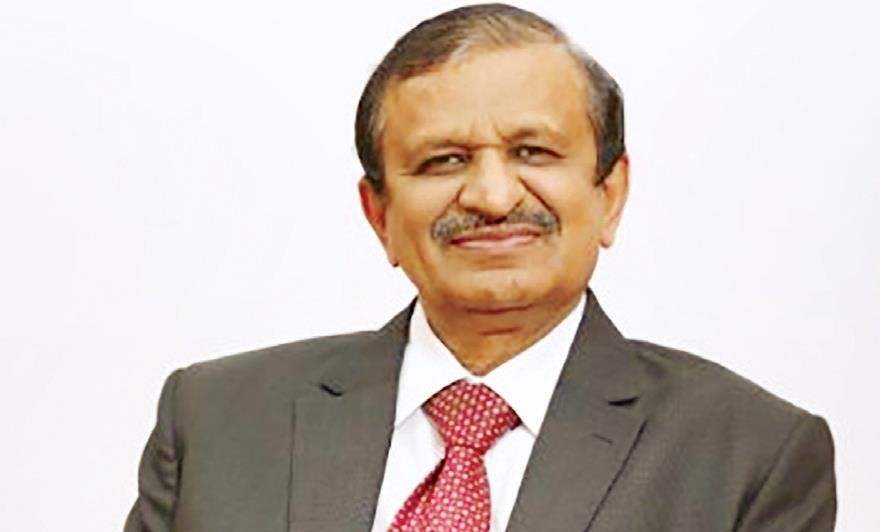
'Poor planning, incomplete infra projects are to blame for dengue outbreak'
Bengaluru, NT Bureau: In my profession, I’ve always followed this slogan: It’s always treatment first and payment next. Similarly, with roads, it should be drainage first and roads next,” responded Dr. C. N. Manjunath, the recently elected Member of Parliament for Bengaluru Rural, to a question about the city’s dengue outbreak and incomplete infrastructural projects.
The former director of the government-run Jayadeva Institute of Cardiovascular Sciences and Research also spoke about the controversy surrounding NEET, his first days as an MP, and plans for his constituency in a freewheeling chat with News Trail at an event in Peenya. Excerpts:
Q: How does the switch from a doctor to an elected representative feel?
A: Even as a doctor and an administrator for the last 18 years, I’ve had the experience that has helped me make the switch to politics. I view both politics and medicine as a service. This time out, I'm meeting people who are not only patients but from different walks of life.
Q: How do you assess Bengaluru’s fight against the dengue outbreak?
A: The most important thing is to control mosquito breeding. Unfortunately, we see a lot of water inundation on roads, all because of incomplete infrastructural projects, be it flyovers, underpasses, or roads being dug up for upgrades.
The main issue also lies in planning. Issues in the summer must be addressed in the winter, and vice versa. Another important thing is that you don't make roads without planning drainage, which is also another reason. Coming back to controlling mosquito breeding, it is necessary to know when to initiate fogging and fumigation of larvae, especially with heavy vehicles like buses.
It may look crazy, but it is during the nights that mosquitoes breed on them, and in the next morning, children and people are bitten. It is during the nights that such preventive measures should take place.
Q: What do you make of the students protesting against the alleged malpractices and resultant postponement of NEET?
A: We don’t see a problem with NEET for postgraduates, as it is an online test. However, with undergraduates, around 23 lakh students turn up every year, making it an offline test.
Yes, the government has admitted malpractices and needs to plug them. But we can’t shut down a highway just because of an accident. Similarly, here, a few loopholes need to be plugged, and probably, the exam might go online, which may be the way forward.
Q: And finally, what is in hand for the people of Bengaluru Rural?
A: We’re looking to promote sericulture by bringing in the latest technology. However, basic and common issues need to be addressed first.
Roads need to be laid. Hospitals and educational institutions need to be strengthened. Since the constituency is urban and rural, metro and suburban rail need to connect industrial hubs.
 English daily published in Bengaluru & Doha
English daily published in Bengaluru & Doha






